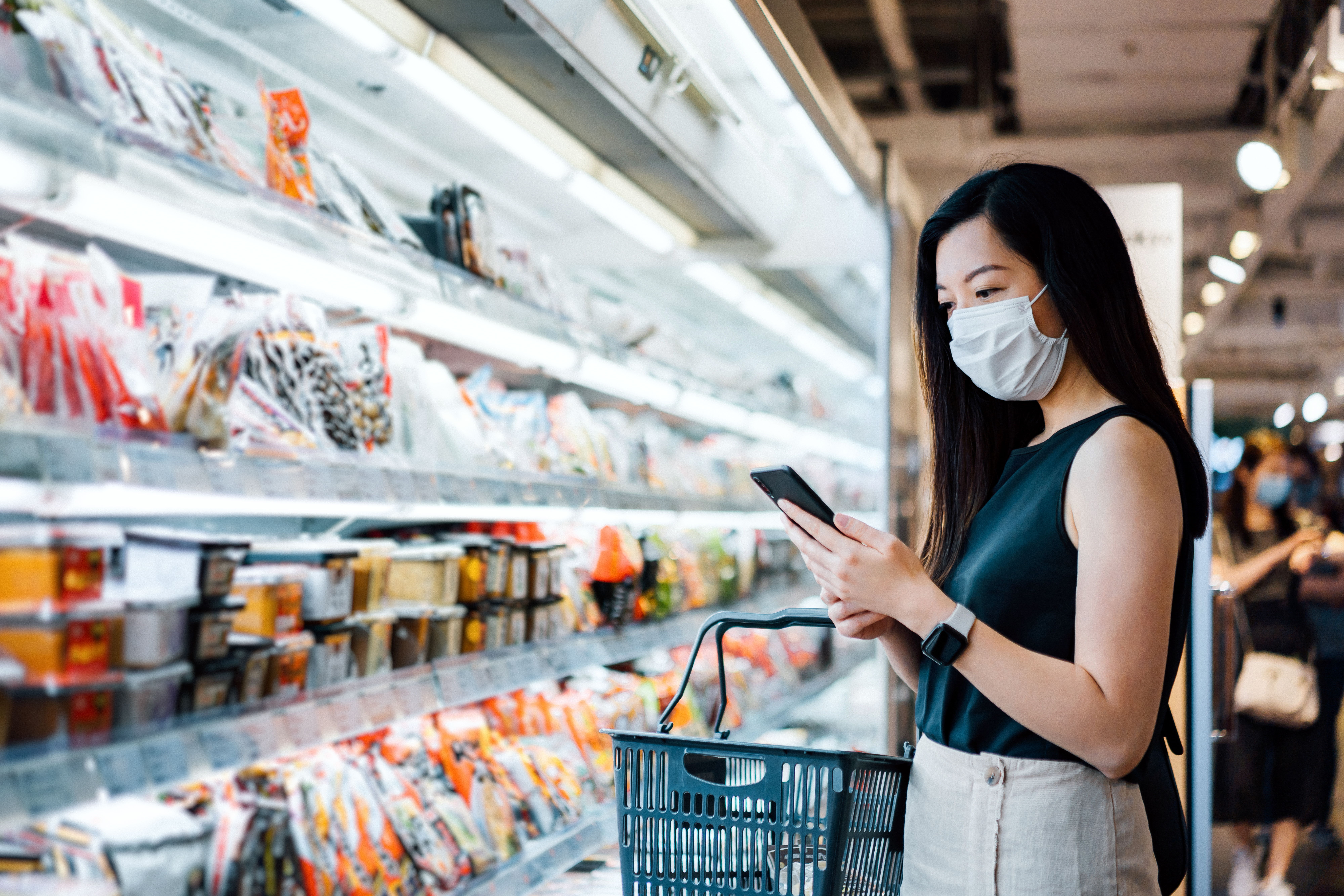
It’s hard to think of a product or service that cannot be bought from the internet today. From food deliveries, essential items, clothing, electrical items, to even big-ticket items including cars and houses – everything is sold online.
In the past year, the proverbial ‘fast-forward’ button was pushed, and we’ve seen two years’ worth of digital transformation happening within two months. Globally, online purchases have surged– online sales reached nearly US$4.29 trillion last year.
We’re also seeing significant growth in Malaysia. Since 2015, the e-commerce market has tripled in size, exceeding US$3 billion in 2019. The market is expected to reach US$11 billion by 2025, accelerated by rapid digitalization across industries as well as public-private efforts through the MyDIGITAL and Malaysia Digital Economy Blueprint.
While some retailers have struggled with the accelerated shift to e-commerce, we have seen other retailers embracing entirely new mediums and platforms. It is not just big retailers embarking on the digital journey, more small business-owners such as neighborhood restaurants or home-based micro-entrepreneurs are rapidly embracing e-commerce and e-payment solutions and engaging customers in the digital space through live-streaming and video content, out of necessity.
Consumers have changed their purchasing behaviors as they seek greater convenience and value. Historically, Malaysians heavily relied on cash. But Malaysians are now one of the fastest adopters of mobile wallets. According to a report by ACI worldwide, mobile wallet transactions rose 171% in 2020 in Malaysia, and real-time payments transactions surged 864% compared to 2019.
Enabling retail offerings through e-commerce

Like many consumers everywhere, my family and I now habitually visit brick-and-mortar shops much less than before. Consumers have been pushed out of their “in-store comfort zone” and expect both small and large retailers to get online.
Tan Boon Ming, Malaysia’s one-stop appliances store, has recognized this demand. It has embarked on a digital transformation journey since 2016, adopting Microsoft 365 and Dynamics 365. With access to real-time integrated data across the business, the organization is able to develop an efficient accounting and reporting system with a view of its warehouse and inventory as well as develop a consistent customer experience. Not only was TBM able to operate its online store during COVID-19 efficiently, the company witnessed a five-fold increase in online sales.
Malaysia Airports launched shopMYairports, Malaysia’s first travel-retail e-commerce platform, providing airport retailers with the opportunity to expand their market beyond a brick and mortar set up at the airport and thus facilitate business recovery that was severely affected by COVID-19. The platform, powered by Microsoft Azure, enables customers to purchase travel-exclusive and duty-absorbed products online.
Winning consumer loyalty through innovation
Loyalty can be won and lost easily in our competitive landscape. Retailers must differentiate themselves and their offerings. It is as simple as paying attention to consumer needs, as well as their preferred means of purchase and engagement.
We want to make it easy for merchants and brands to deliver seamless experiences across the shopper’s journey. We work closely with more than 2,000 partners to help organizations of all sizes meet their digital goals. This includes enabling a productive and collaborative hybrid workplace and improving business continuity and efficiency while lowering operation cost.
For instance, one of our partners, WebBytes (Xilnex) offers a comprehensive range of point-of-sale (POS) system for retail and F&B businesses complete with web and mobile applications offering real-time business reports at their fingertips. Their solutions comprise Self-Ordering Kiosk, QR Order, customer relationship management (CRM) and Loyalty Systems, enabled by Microsoft Azure.
At Microsoft, we also introduced the industry-specific Microsoft Cloud for Retail. With this, disparate data sources found across the retail value chain are brought together and translated into actionable insights for tailored services and offerings.

Since the outbreak of the COVID-19 pandemic and the resulting lockdowns and restrictions, consumer habits are no longer the same as they were before. Retail has changed forever.
As we continue to ‘fast-forward’ to the future, success for retailers will mean closely tracking the pulse of fast-changing habits and expectations of today’s consumers. This begins with pivoting operations and mining new opportunities to serve needs and preferences that continue to evolve every day.

